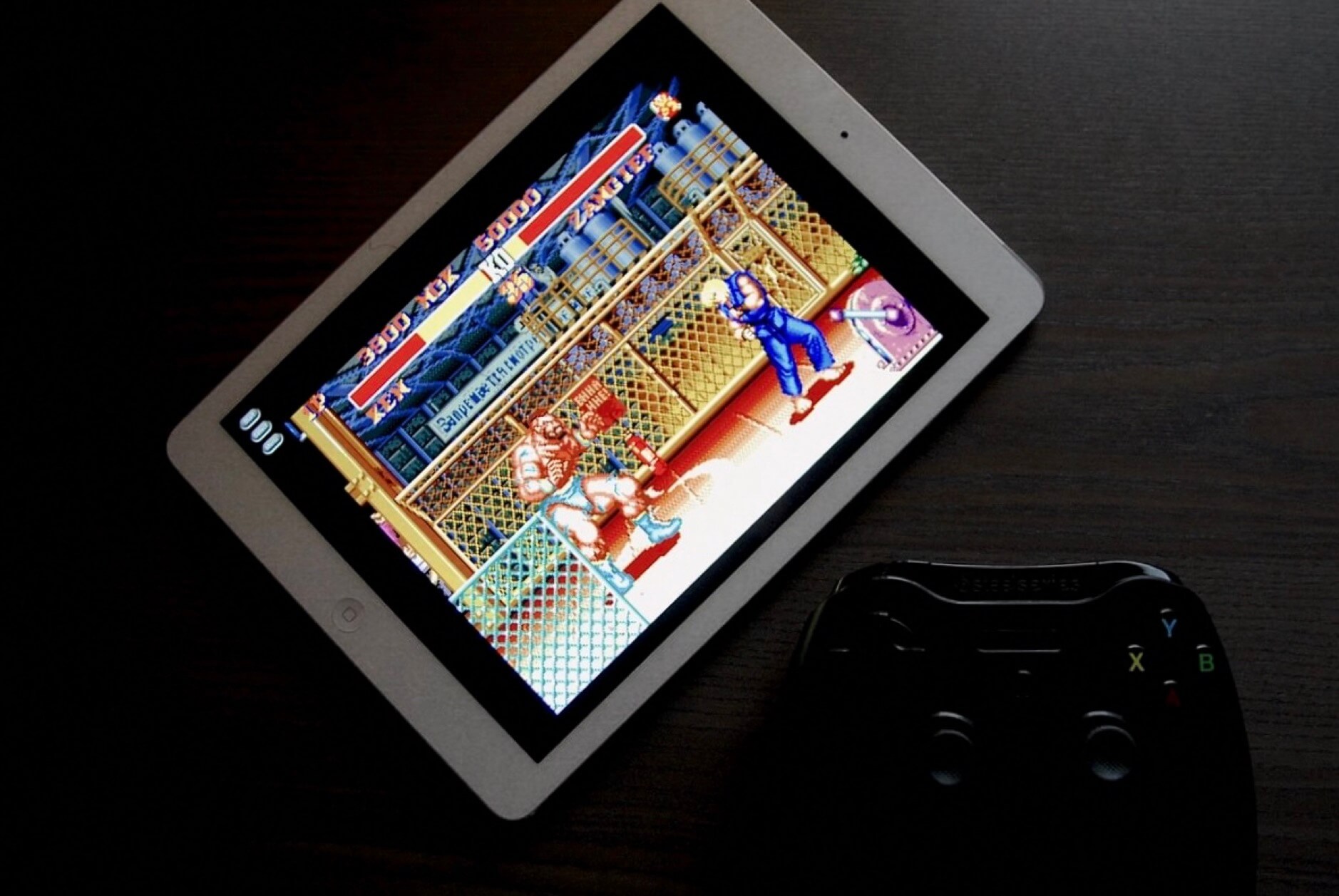Zukünftig im App Store: „retro game console emulators“

4.7 Mini apps, mini games, streaming games, chatbots, plug-ins, and game emulators
Apps may offer certain software that is not embedded in the binary, specifically HTML5 mini apps and mini games, streaming games, chatbots, and plug-ins. Additionally, retro game console emulator apps can offer to download games. You are responsible for all such software offered in your app, including ensuring that such software complies with these Guidelines and all applicable laws. Software that does not comply with one or more guidelines will lead to the rejection of your app.
Samuel Axon bleibt skeptisch, ob „retro game console emulator apps“ wirklich das bedeutet, was jeder von uns darunter versteht.
Ich glaube, es ist so simple wie Ben Sandofsky hier schreibt:
From day one, Apple banned emulation from the App Store for no legal reason, just vibes, even though users want it.
After @altstore@fosstodon.org announces their own third-party App Store, which will be a haven for emulators, Apple changes their rules to allow it.
Viele Emulatoren für die kompletten Sega- und Nintendo-Bibliotheken sind über die Jahren „versehentlich“ in den App Store gerutscht. Um neuere Konsolen im Emulator hochzufahren, fehlt bis heute JIT.
Derzeit spielt man auf iPhone und iPad die klassischen 8- und 16-bit-Spiele nur über den Browser – von afterplay über WebRcade bis zum DS Player.
Jemand wird – eher früher als später – die neuen App-Store-Regeln auf die Probe stellen. Dabei ist nicht nur Apples Reaktion entscheidend, sondern insbesondere das Verhalten der Rechtsinhaber.